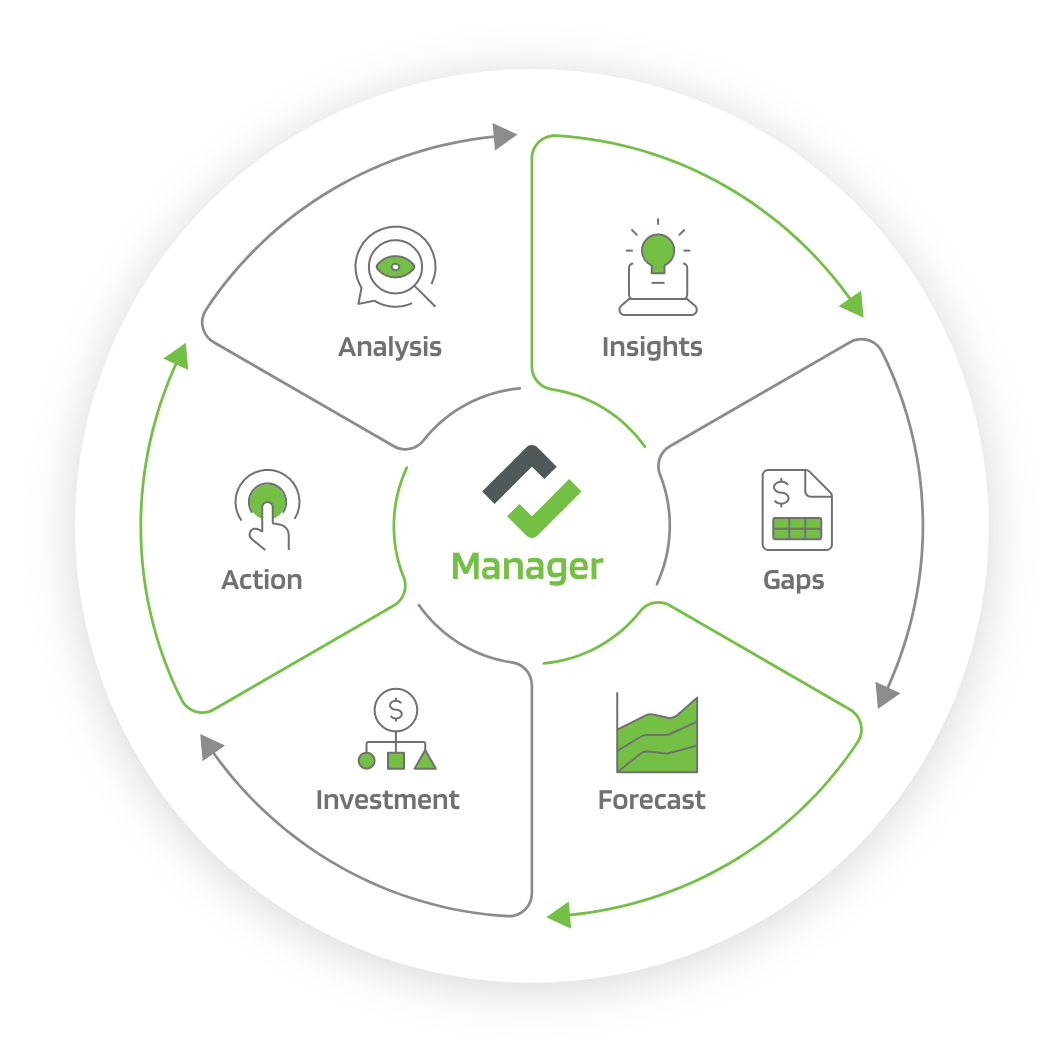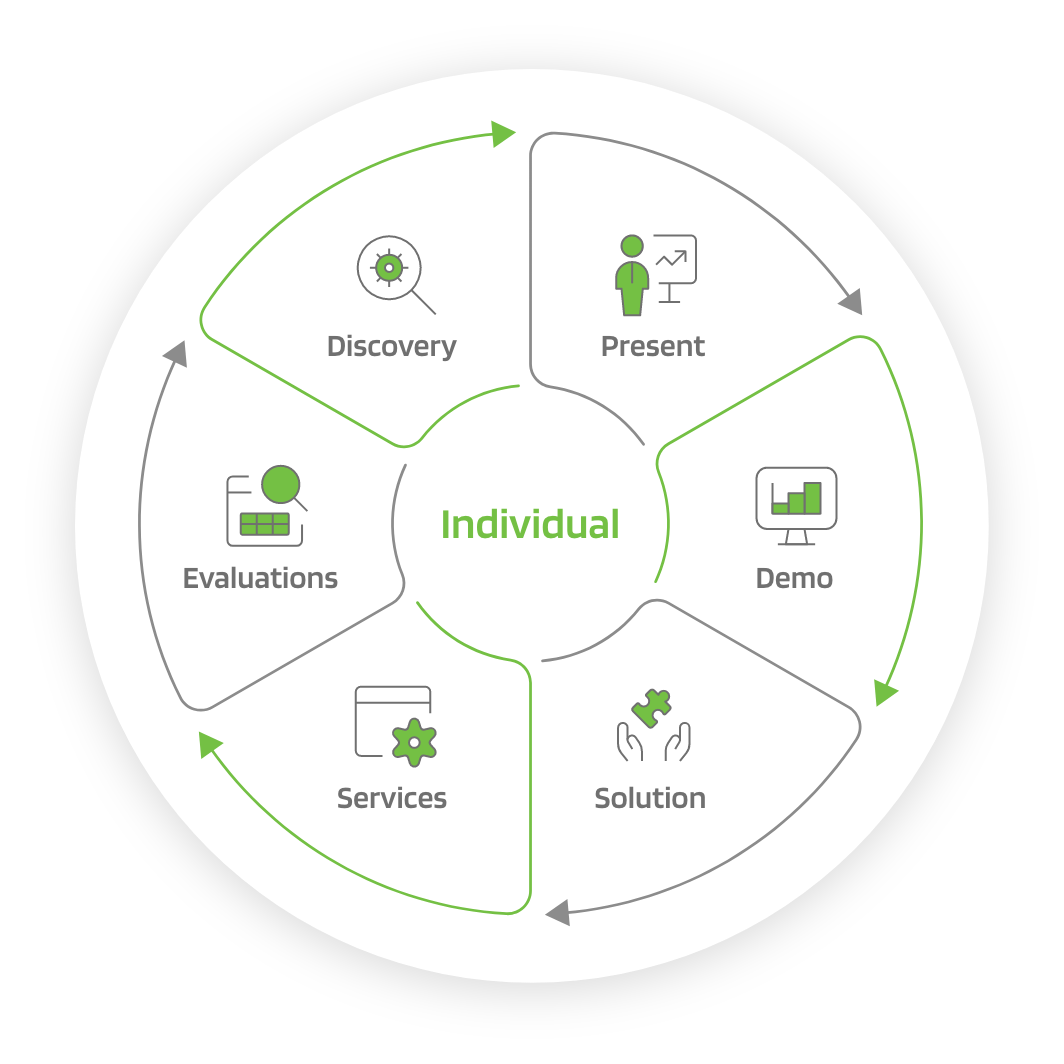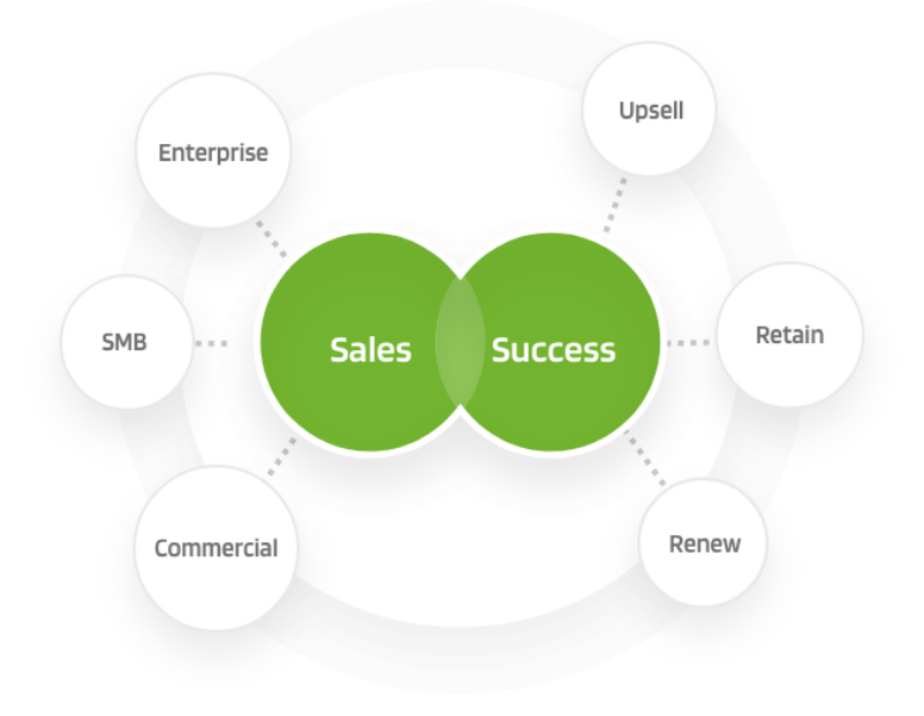
Technical Sales by Hub
Redefining Presales Meaning and Value in 2021

Presales professionals have been largely unsung heroes of technology sales for decades, but that appears to be changing. Like many underrepresented groups, presales in the go-to-market profession seems to be getting its fair share of support from the C-Suite. But why now? A few trends:

- Community. Presales professionals in recent years have been more vocal and open about their profession. Online communities like Presales Collective, SE Nation and countless LinkedIn groups advocate for the presales profession and act as “virtual” water coolers for people in the industry to learn from one another. In the last two years, these communities have grown in numbers and prospered in the remote-first presales era.
- Demand. Talent for presales is rampant. Countless presales leaders and recruiters often mention the difficulties of recruiting, onboarding and retaining these professionals. At a macro level, we are experiencing a talent shortage across all industries, and presales is not excluded. This is why you have seen the advent of online courses as well as community-driven presales academies and programs developed by large vendors, like the SAP Academy for Presales.
- Impact. Presales professionals have a huge impact on middle-of-the-funnel sales and presales stages. They also boost both product-led and sales-led growth (PLG and SLG). As such, they act as massive revenue growth multipliers as quantified by this presales value calculator. Since presales can impact anywhere from one to as many as 20 quota-carrying sales reps, their influence on growth is no longer being ignored.
- Understanding. Most of the executive suite and board of directors have recognized that the new presales meaning has been instrumental in driving technology sales, but now they are looking to understand in more detail how presales can deliver even greater value to a company’s go-to-market strategy and growth. A recent article published by the Harvard Business Review in 2021, “Presales Can Unleash More Revenue Growth for the C-Suite,” provides a more in-depth understanding on how presales can deliver more value.
- Complexity. The need for all businesses to embrace digital transformation sometimes means managing even more technical complexity. For instance, a chief information officer (CIO) of global 2000 summed it up perfectly: “Technology providers like Amazon Web Services (AWS) offer a plethora of raw ingredients — technical products that power compute, storage and networking. However, these providers have historically not offered the recipes, solutions, and chefs — presales professionals often referred to as solution architects— to help buyers consume AWS technologies without indigestion.” That, of course, has changed at AWS, given the large investments they have made to develop solutions and hire thousands of presales professionals.
- Trust. Right or wrong, buyers often don’t trust sales reps who have a quota to fill. On the flip side, most buyers, especially those that are technically inclined, tend to trust the presales professionals much more when evaluating technologies and products under purchase consideration. This is partly because presales professionals, in general, value their technical credibility in the market above just making sales that may tarnish their reputation in the industry. Presales meaning has always equated to been seen as the “technical trusted advisor,” and that trend continues to grow until this day.
Recognition of presales meaning and value with their go-to-market peers, executive suite and board of directors is picking up momentum. But we appear to be in the early stages of this movement. Much more needs to be done to advocate for the right investments in the presales profession. Those include formal educational programs for beginners and experts, and investment in the right set of tooling to improve automation on tasks that can result in greater presales productivity.







